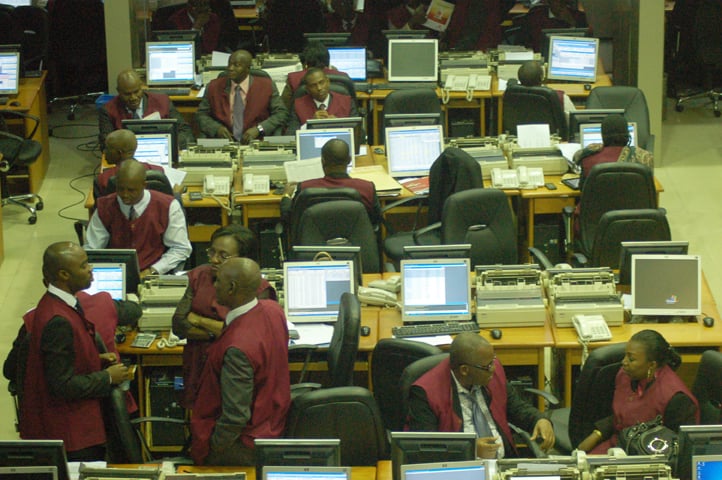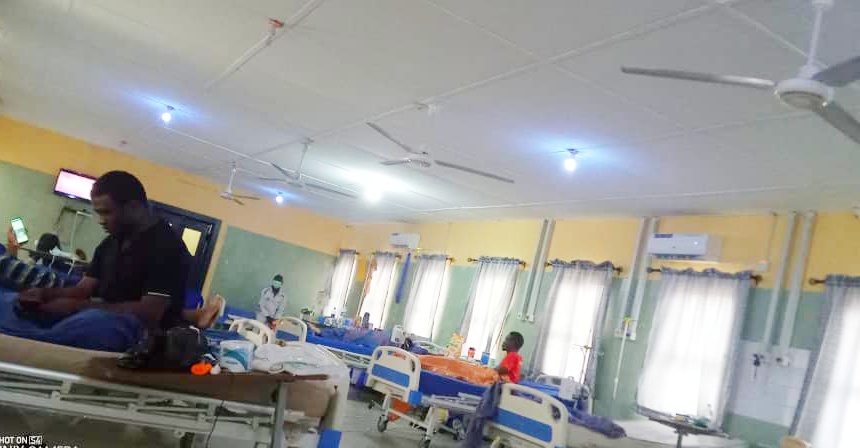Who would have thought that nearly six months after the coronavirus menace paralysed the global economy and battered financial markets, world stocks would push higher with some major indexes hitting record highs!
It has been another phenomenal trading week for global markets with US equity bulls stealing the show by propelling the S&P 500 to all-time highs on Wednesday.
The tech-heavy Nasdaq joined the party overnight, making a record despite growing signs of economic weakness. Shares in Asia rebounded during early trade while European equities pushed higher thanks to the tech-inspired highs on Wall Street.
However, some emerging markets were not invited to the party with the Nigerian stocks struggling for direction this week.
Advertisement
The Nigeria Stock Exchange all share index (ASI) is still down almost 6% year-to-date despite the S&P 500 and Nasdaq both hitting record highs.
Although global equity bulls continue to derive strength from unprecedented central bank support and handsome fiscal packages, this liquidity fueled rally has been unable to find its way into Nigerian markets.
Sentiment towards the largest economy in Africa remains fragile thanks to dollar scarcity, shaky oil prices and external risks in the form of US-China tensions.
Advertisement
Nigeria is still expected to contract by 5.4 percent according to the International Monetary Fund (IMF) thanks to COVID-19, while inflation continues to rise on the back of continued border closures and the lingering effects of coronavirus-induced supply disruptions.
It is the same story outside of Nigeria with other emerging markets and developed countries nursing deep wounds from lockdown restrictions. At best, the outlook for the rest of 2020 remains clouded by uncertainty.
Investors may be offered some clarity over how Nigeria fared in Q2 when gross domestic figures are released on Wednesday, August 26.
With economic growth in the United States plunging 32.9 percent in Q2, the UK contracting 20.4 percent and even South Africa growth projected to tanks as much as 40 percent last quarter, it will be interesting to see how Nigeria performed.
Advertisement
An economic contraction is widely expected, the question is how deep?
Add a comment







